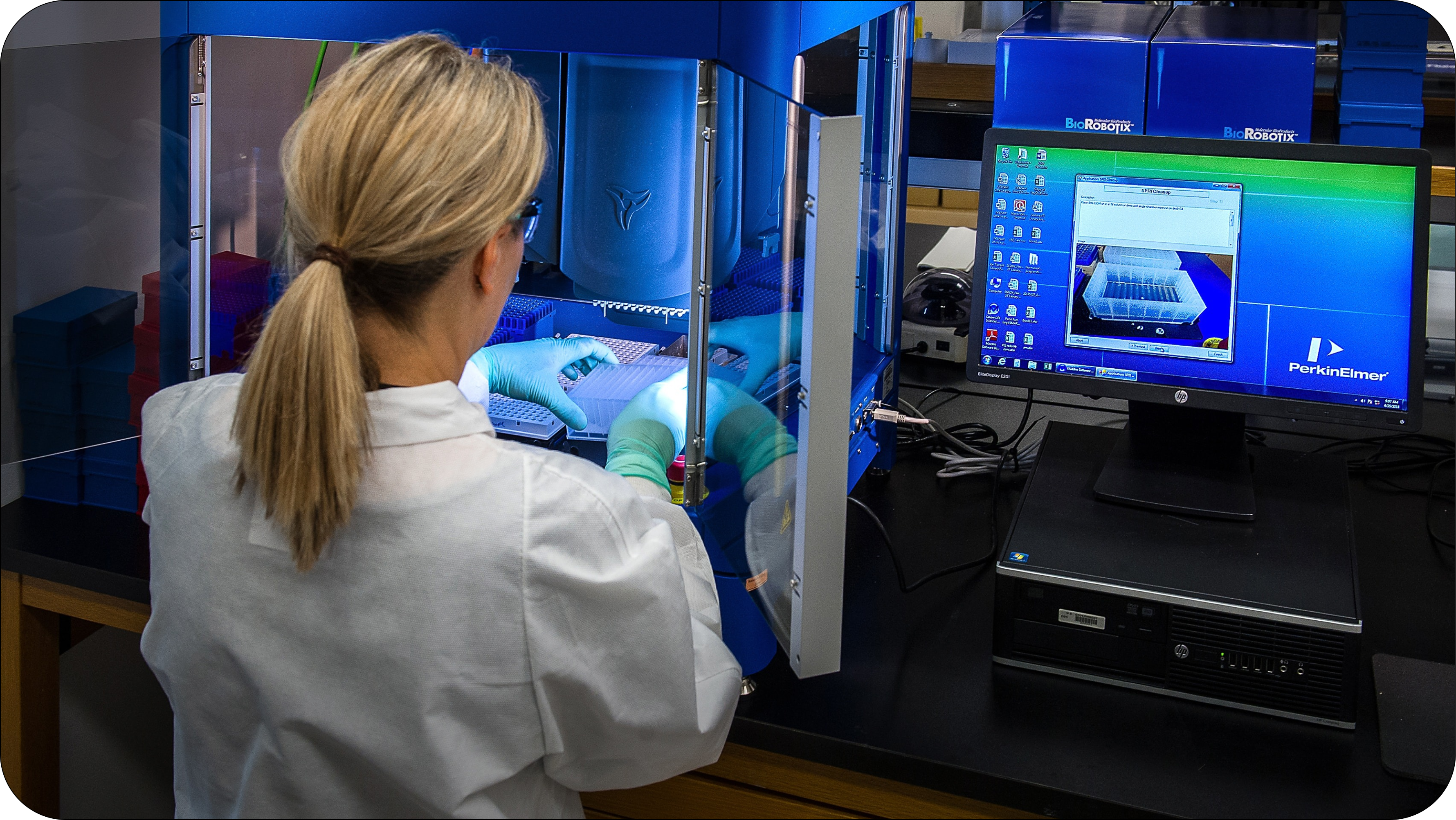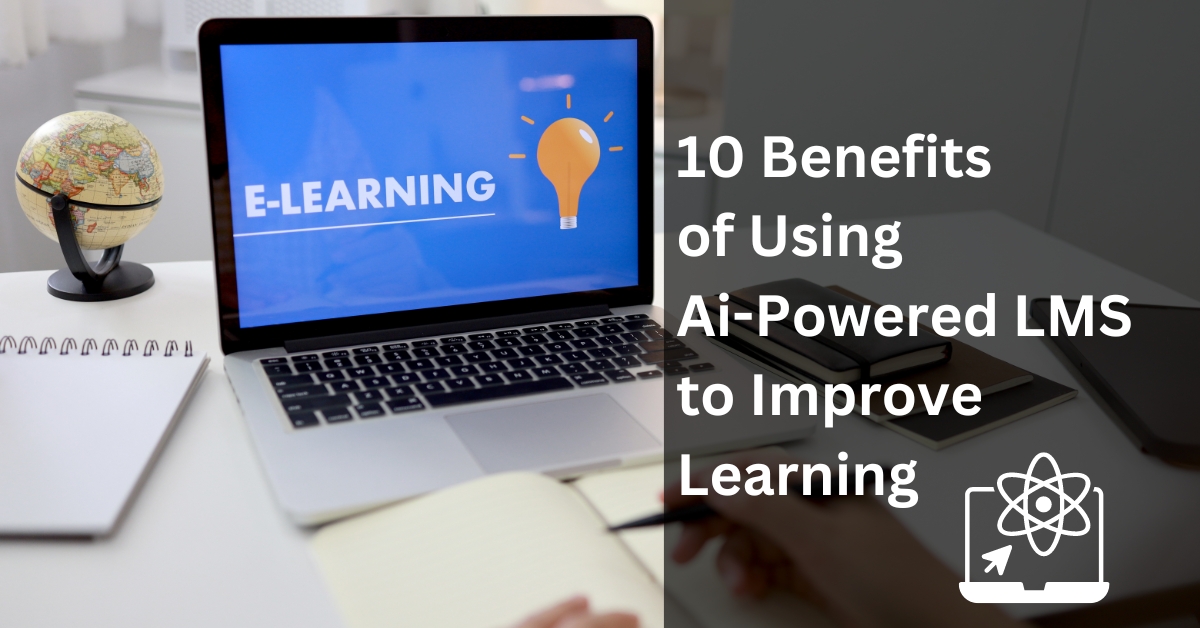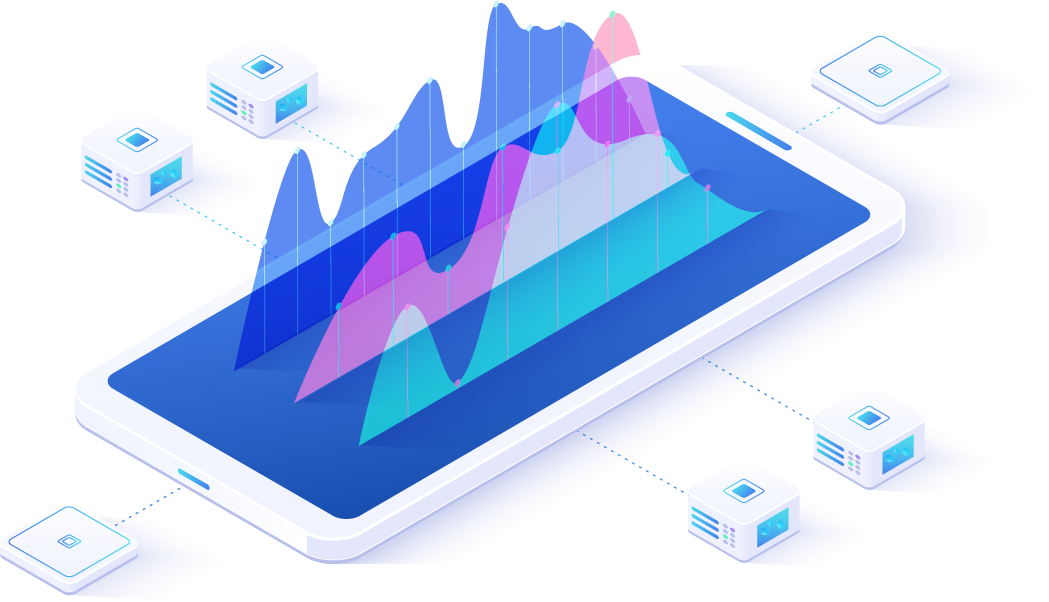Introduction
Education has always been a vital part of our lives, allowing us to acquire knowledge and skills necessary for personal and professional growth. In recent years, technology has played a significant role in transforming the way we learn and teach. One such groundbreaking innovation is the emergence of AI-based Learning Management System (LMS) platforms. These platforms have revolutionized education by providing personalized learning experiences, optimizing administrative tasks, and fostering collaboration among students and educators.
Section 1: Personalized Learning
AI-based LMS platforms leverage the power of artificial intelligence to adapt to the individual needs and preferences of learners. By analyzing data collected from each learner, these platforms can provide personalized content, tailor-made exercises, and adaptive assessments that cater to the strengths and weaknesses of each student. This level of customization ensures that students can learn at their own pace, grasp complex concepts more easily, and achieve better learning outcomes.
Furthermore, AI algorithms can identify areas where students are struggling and provide targeted interventions to address those gaps. For example, if a student is having difficulty with a particular topic, the LMS platform can recommend additional resources or connect the learner with a virtual tutor for personalized guidance. This personalized approach not only enhances student engagement but also boosts their confidence and motivation to learn.
Section 2: Streamlined Administrative Tasks
Administrative tasks have long been a tedious and time-consuming aspect of education. With AI-based LMS platforms, these tasks can now be streamlined and automated, allowing educators to focus more on teaching and student engagement. The platforms can automate various administrative functions such as grading, attendance tracking, and course scheduling, saving valuable time for educators.
Moreover, AI algorithms can analyze student data and generate insightful reports that help educators make data-driven decisions. These reports provide valuable insights into student performance, learning patterns, and areas for improvement. By leveraging this data, educators can make informed instructional decisions and provide targeted support to students who need it the most.
Section 3: Collaboration and Engagement
AI-based LMS platforms foster collaboration among students and educators, creating a dynamic and engaging learning environment. Through features such as discussion forums, virtual classrooms, and group projects, students can interact with their peers, exchange ideas, and learn from one another.
These platforms also enable real-time feedback and communication between students and educators, facilitating a more interactive learning experience. Students can receive immediate feedback on their assignments and assessments, allowing them to identify areas for improvement and make necessary revisions. This instant feedback loop promotes active learning and continuous improvement.
Conclusion
The emergence of AI-based LMS platforms has transformed the landscape of education, bringing personalized learning, streamlined administrative tasks, and enhanced collaboration to the forefront. With these platforms, education becomes more accessible, engaging, and effective. As we embrace the power of artificial intelligence in education, we can look forward to a future where every learner can unlock their full potential and achieve lifelong success.






